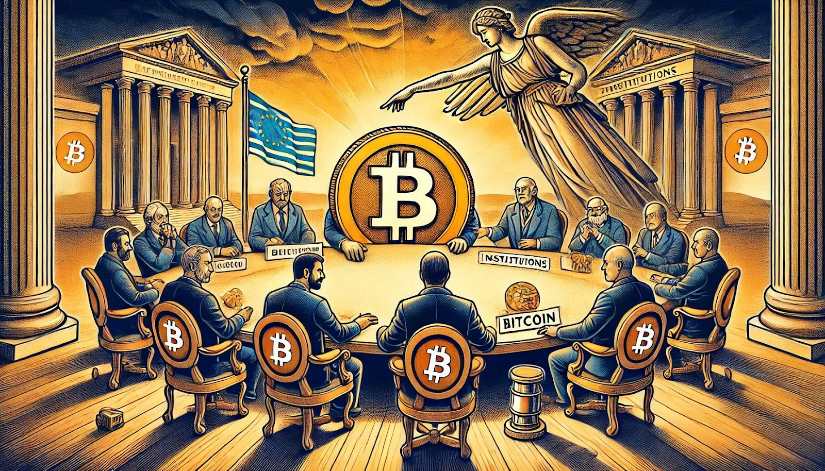
From Rejection to Adoption: Governments and Institutions Embrace Bitcoin After Years of Skepticism
In a stunning reversal, governments and institutions are now embracing Bitcoin, the decentralized cryptocurrency, after years of skepticism. This shift in attitude is not only a significant turning point for Bitcoin but also has far-reaching implications for the global financial system.
The dramatic change of heart was evident at the recent COP27 conference in Egypt, where El Salvador’s President Nayib Bukele announced that his country would be using Bitcoin as a means of payment for government services. This move is expected to put pressure on other countries to follow suit and adopt the cryptocurrency.
“This is a game-changer,” said Armando Pantoja, a futurist and tech investor. “The institutional adoption of Bitcoin will drive up demand and value.”
Max Keiser, senior Bitcoin adviser to President Bukele, emphasized the revolutionary aspect: “Bitcoin separates money from the state. This is the first time in history that money exists without central authority control.” Keiser even predicts that Bitcoin’s price could hit $1 million within the next few years, achieving a market cap comparable to gold’s $20 trillion valuation.
Despite its meteoric rise, Bitcoin’s volatility remains a concern. Critics, including Euro Pacific Capital’s Peter Schiff, warn that Bitcoin could exacerbate economic instability. “Bitcoin misallocates resources, leading to trade deficits and a weaker dollar,” Schiff argued on social media.
As Bitcoin continues to gain further legitimacy, it automatically claims a greater place within the global financial ecosystem. Whether as a revolutionary technology or a speculative asset, Bitcoin’s journey from obscurity to mainstream prominence is one of the pivotal chapters in financial history.
What do you think about this article?
Source: bravenewcoin.com


